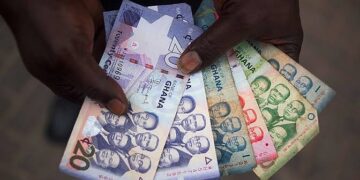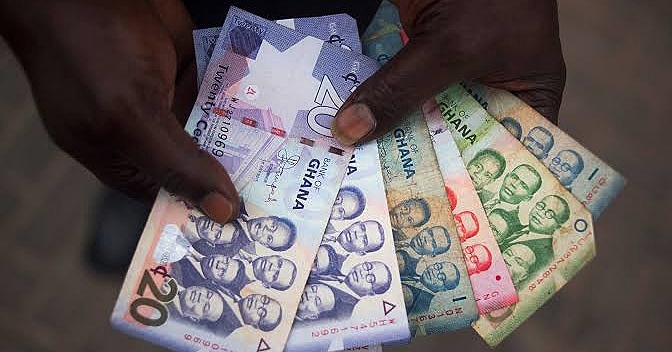Ghana’s inflation rate recorded a slight dip in January, settling at 23.5% compared to 23.8% in December.
This marks the first reduction in five months, according to Government Statistician Samuel Kobina Annim. The decrease was primarily due to slower increases in non-food prices, even as food costs continued to climb.
Despite the modest drop, inflation remains significantly above the Bank of Ghana’s target range of 8%, which allows for a margin between 6% and 10%. The central bank recently cautioned that inflation is unlikely to return to acceptable levels anytime soon.
The decline comes at a time when Ghana is undergoing a leadership transition at its central bank, while the country continues to grapple with economic instability, particularly in its cocoa and gold industries.
Although inflation has eased slightly, the 23.5% rate remains among the highest recorded in the past nine months. Persistent struggles in key economic sectors, including cocoa and gold, have compounded financial challenges, affecting government revenues and weakening the local currency.
The Bank of Ghana faces a tough challenge—reducing inflation while maintaining high interest rates, which, if lowered too soon, could further dampen economic growth. Given that inflation is still far from the target, major shifts in monetary policy are not expected in the near term.
As Ghana works towards economic stabilization, factors such as exchange rate volatility, fiscal policy adjustments, and global economic conditions will play a crucial role in determining how quickly inflation is brought under control.

































